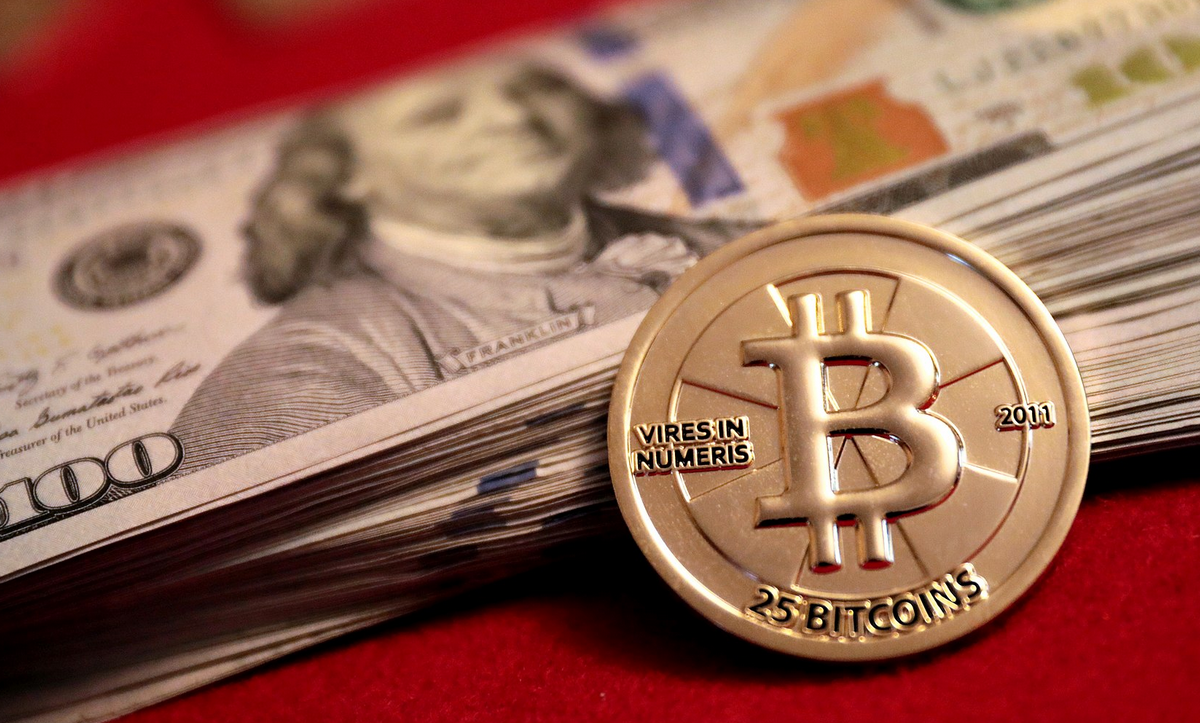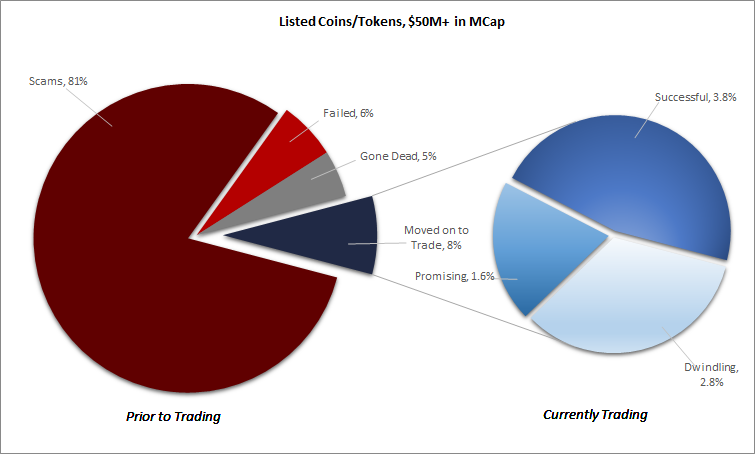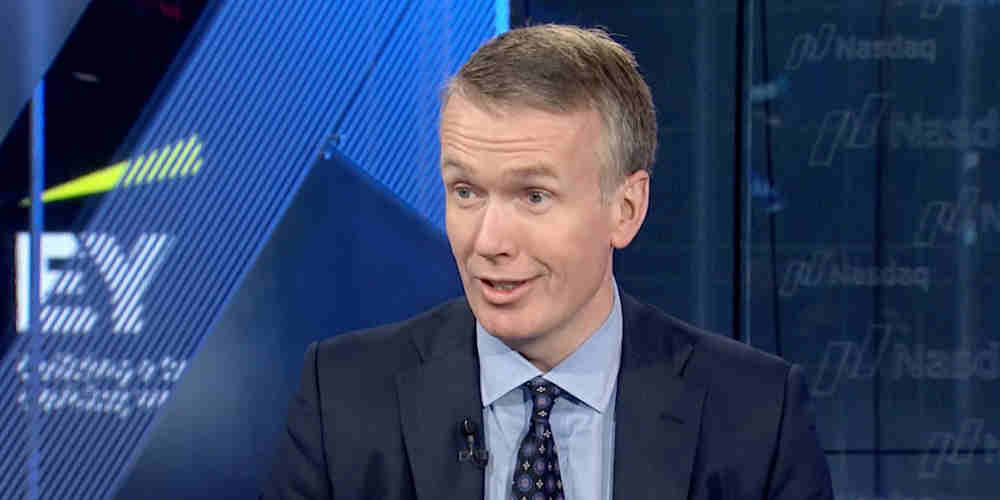Mastercard, one of the big players now looking at this new money, is starting a cryptocurrency team.
“Do you have the desire to work at the cutting-edge intersection of payments and cryptocurrencies,” MasterCard asks. Those hired will “monitor crypto currency ecosystem trends” and “develop new products and solutions.”
A credit card expert called it “a smart move.”
Bill Hardekopf, CEO of LowCards.com, says Mastercard “sees there’s a lot of activity in this area. Even if it isn’t going to offer its own cryptocurrency, they know it’s important to have people who understand the subject.”
Others Already Playing the Money Game
Mastercard is part of the Libra Association, which includes Pay Pal, Visa, and other big players. Libra intends to create “a globally, digitally native, reserve-backed crypto currency built on the foundation of blockchain technology.”
There were between 2.9 million and 5.8 million users of a cryptocurrency wallet in 2017, according to a Cambridge University study. Most used bitcoin. Four years before that there were between 300,000 and 1.3 million users.
“Mastercard,” says Panda Analytics CEO Bill Xing, is “trying to build a crypto wallet solution, possibly an alternative to Facebook’s Calibra cryptocurrency, which is supposed to begin next year. It is preparing for the situation when crypto (peer-to-peer transaction) is adopted as the mainstream payment solution.”
Direct Transactions without Intermediaries
Peer to peer means that the middleman in today’s traditional transaction could disappear if cryptocurrencies revolutionize money. Cryptocurrencies are decentralized because there is no intermediary; transactions are party to party through electronic addresses without central banks. In fact, they represent a vote of no confidence in the policies of central banks. They see central banks as consistently devaluing money through currencies that aren’t backed by anything but government promises. Critics call this unbacked currency “fiat money.”
Some countries ban alternative currencies. Others embrace them or acknowledge tax them. In 2014 the IRS ruled bitcoin will be treated as property, subject to capital gains taxes.
Today there are hundreds of cryptocurrencies. Bitcoin is the biggest.
Source/More: The Idea of Alternative Currencies Is Going Mainstream | Mises Wire









![Thai Law to Regulate [Legalize] Cryptocurrency, ICO Markets Coming in April | CCN.com](http://947879.kyjqn.asia/wp-content/uploads/2018/03/Bitcoin-baht-760x400.jpg)






